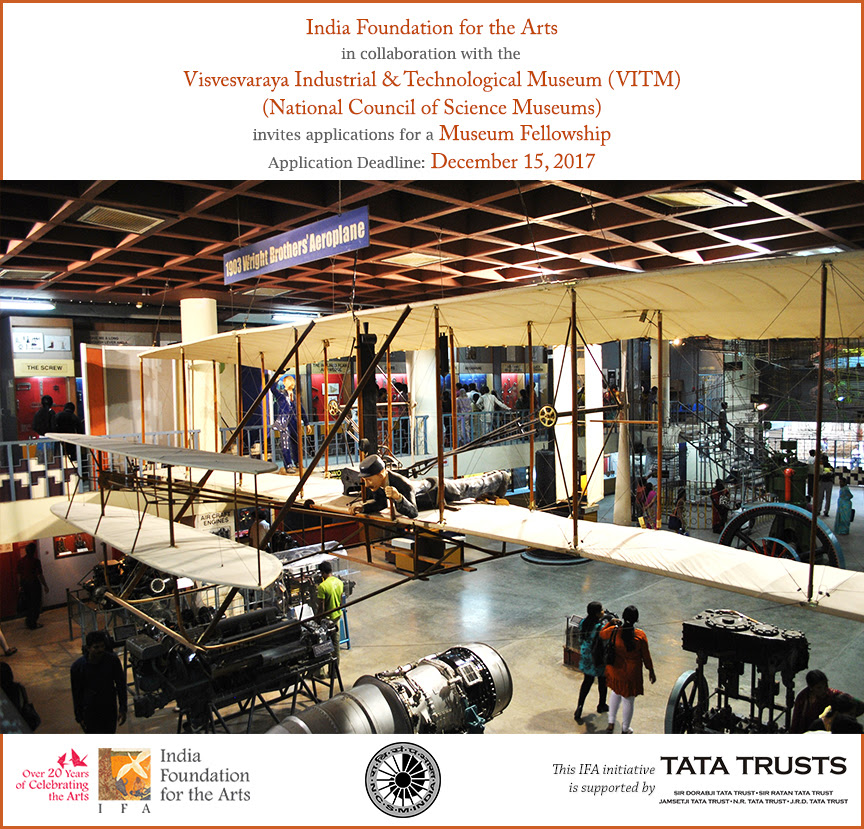CFP: In Motion: Performance & Unsettling Borders (Chicago, 27-29 Apr 18)
Northwestern University, Department of Performance Studies, Chicago, Illinois, April 27 – 29, 2018
Deadline: Dec 1, 2017
How do borders echo and reverberate as cultural geographies, unsettling space and forcing bodies to move, to organize, and to perform? How do performers and scholars account for and navigate their bordered existence, when traversing them can regularly (re)produce the conditions for both precarious and secure living? What conditions arise amongst bodies, boundaries, and the spaces there in between?
The 2018 Department of Performance Studies Graduate Student Conference, In Motion: Performance and Unsettling Borders, invites graduate students—practitioners and scholars—to generate dialogue and debate by coming together around artistic work and interdisciplinary thinking.
Recent international, national, and local political and social events have brought increased attention to the reality of borderlands as contentious sites of movement and activity. History demonstrates that borders—immaterial and material— have always existed and that movement has always been central in their negotiation. For some, borders are porous and easy to cross, a mere nuisance or pit stop. For others, borders are an integral part of being, continuously looming, shaping entire lives. If the border affirms its presence through constant yet imperfect iteration (repetition), then how might we employ performance (and practice) to interrogate its rigidity? How does performance elicit a mode of thinking and doing that allows us to consider how borders, contemporary and historical, demand both imaginary and tangible forces to be maintained—and how might we come to unsettle (or secure them) through our practice(s)?
We seek proposals for traditional academic papers, performance-lectures, live performances, and other experimental formats. Papers, performances, and experimental submissions might want to consider:
Decolonial practices and aesthetics
Affects and political economies of race, gender, sexuality and disability
Geopolitics, geographic (dis)location and positioning
Immigration, emigration, migration, and displacement
Choreographic patterns: kinesthetic awareness and somatic power
Sound, sound art, and acoustic resonance
Temporality: iteration, and repetition in/on the margins
Border-crossing: thresholds, vestibules, portals, gates, and throughways
Memory, embodiment, and transference
Language, translation, communication, speculation
Mediatisation, telecommunication, and other forms of network exchange
Interdisciplinarity, cross-disciplinary practices, syncretism, hybridity
Spatial politics: built-environments and architectures
Transnational flows: sovereignty, authority, and the state
Travel and tourism economics
Death, life, interstitial spaces
Skin, surface, hapticality
Object oriented ontologies
Locations are wheelchair accessible, but questions about accessibility and accommodations can be directed at Didier Morelli (didiermorelli2018@u.northwestern.edu). We have partnered with students in the Departments of Art Theory and Practice to realize this event. The three-day conference also includes a featured performance and discussion, lectures, catered meals/receptions, and a Long Table to build community and dialogue across disciplines and artistic practices. We acknowledge that Northwestern campus sits on unceded Native land, once occupied by the Council of Three Fires Nation which includes the Chippewa, Ottawa and Potawatomi.
The deadline for proposals is December 1, 2017.
Please submit all proposals, and any questions to, inmotion2018@gmail.com
For paper proposals, please submit as one word, pages or pdf document:
1) Name and Contact Information (with email address),
2) your institutional affiliation,
3) an abstract (~300 words),
4) a brief biography (~250 words), and
5) a curriculum vitae.
For performance and experimental proposals, please submit as one word, pages or pdf document:
1) Name and Contact Information (with email address),
3) your institutional affiliation,
2) description of performance (~300 words),
3) a brief biography (~250 words),
4) a resumé or curriculum vitae,
5) technical requirements and duration,
and, if applicable, and 6) up to six jpeg images, link to an online portfolio, or other relevant media.
Some partial travel grants will be available for participants. Notices of acceptance will be sent on January 15, 2018. There is no registration fee.
Reference / Quellennachweis:
CFP: In Motion: Performance & Unsettling Borders (Chicago, 27-29 Apr 18). In: ArtHist.net, Nov 15, 2017.
For more follow the link – https://arthist.net/archive/16741
